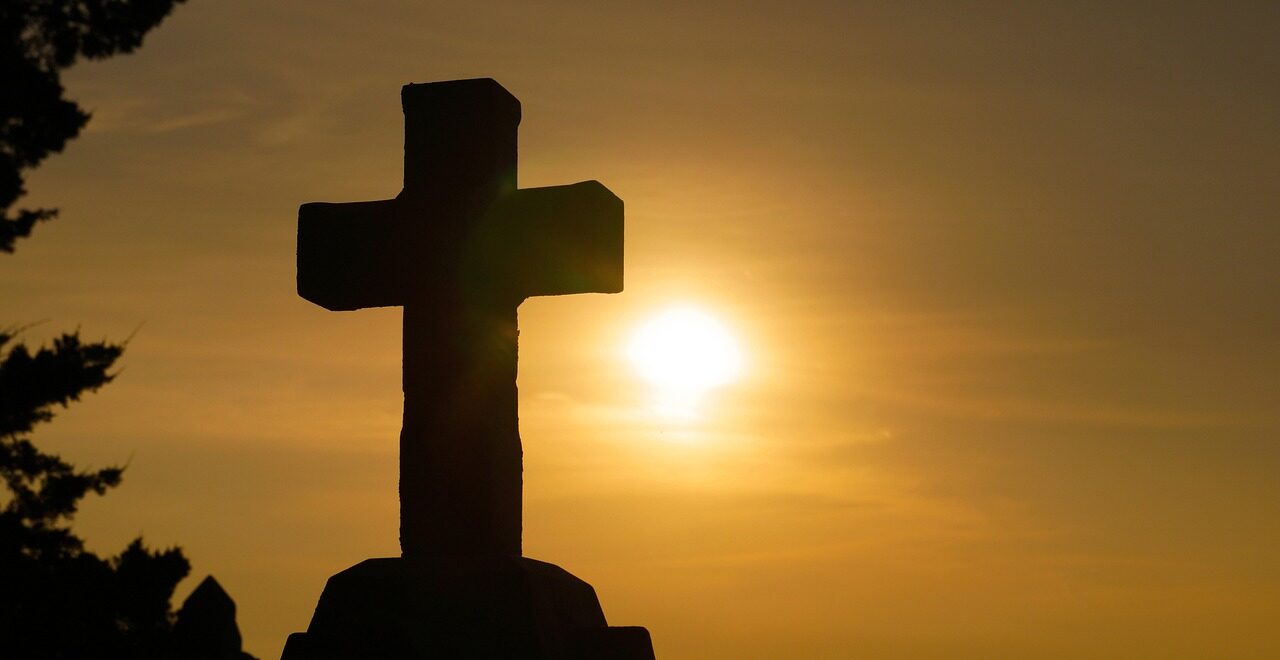Rev. Dr. Louis Threatt never thought he’d be a pastor. But everything changed when he started working as a prison chaplain in North Carolina. He noticed there was a lack of connection between the church and the prison.
In a recent video call with New Church Ministry, Rev. Louis tells us that there’s both a lack of prison ministries and congregations doing prison ministry well.
“In Matthew 25, Jesus asks ‘did you visit me?’ Churches will use that text to check this box off, even if they do little more than stop by,” Rev. Louis says. “Others will come into the prison and preach fire and brimstone.”
Attitudes toward those who have been incarcerated are not much better after they’re released.
According to Rev. Louis, it can be uncomfortable for some people who have been in prison when they go to a church and have to introduce themselves. They struggle to tell people about their time in prison and potentially have their past revealed. They also worry about how people will treat them differently if they find out.
So he asked himself, why not have a place of worship that welcomes everybody?
In February 2020, after discussions with God and confirmation through friends, Rev. Louis and others pressed forward with planting a faith community for those impacted by incarceration, including those that served time, are currently serving time, and their families, as well as those that work inside these institutions. The pastor counts himself as part of this community, as several of his immediate family members have been incarcerated. For example, his sister spent 17 years behind bars, but is out now and doing well.
“I know what it’s like writing to somebody who’s locked up, visiting them, talking to someone through a glass window, wondering when you can see them on the outside,” he says, “and I know what it is like beholding the joy when they’re released.”
During the COVID-19 pandemic, Rev. Louis and his friends began working on creating a community centered around faith and prison. He understood that he could wait until he had more money and better plans, but the situation was very important and needed immediate attention. In June 2020, a new church called Cities of Refuge Christian Church (DOC) was established.
“How can we pick and choose who we invite into the church?” Rev. Louis questions. “I don’t believe that’s the God we serve. That’s not Jesus. In fact, many forget that Jesus was an inmate.”
The Cities of Refuge Church welcomes all people, such as those who have been in prison, those affected by prison, and those who strongly support their efforts. Their worship services are similar to any other services. They include music, a prayer, and reading from scripture. Every Sunday, Rev. Louis intentionally sets time aside for testimony to hear celebrations.
Rev. Louis tells us that for his brothers and sisters at Cities of Refuge (COR) and elsewhere across the country, finding somebody after they get out—other than a judge or a probation officer—to hold them accountable, to check on their spirit and peace of mind, and see how things are going and offer support, is essential. That’s why he and his associate ministers and other members build relationships with individuals before and when they come out. Rev. Louis believes that strong support systems, like families and religious groups such as his, will decrease the recidivism rate.
In addition to worship, COR visits homeless shelters and transitional homes at least four times a year, but supports them on a monthly basis.
He hopes that COR can lead by example and change the narrative when it comes to the church supporting those impacted by incarceration, helping them to reintegrate back into society without feeling ashamed, and supported in every way. If other congregations can see that returning citizens and those who have been convicted of a crime have done their time, guilty or not, can further help strengthen the church, as part of the body, then maybe they’ll consider forming a prison ministry, reevaluate the one that they have, and/or how they’re currently doing ministry as a whole.

